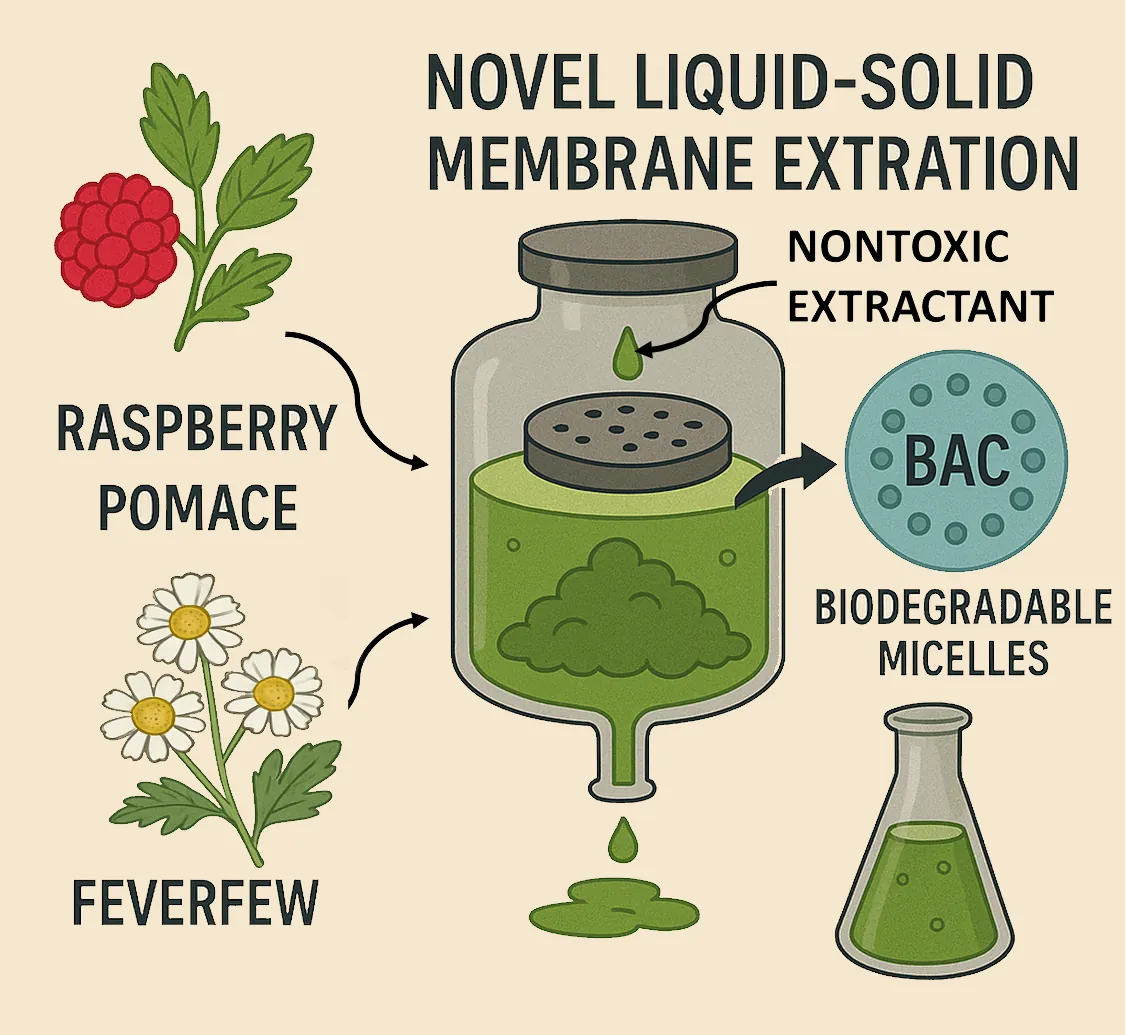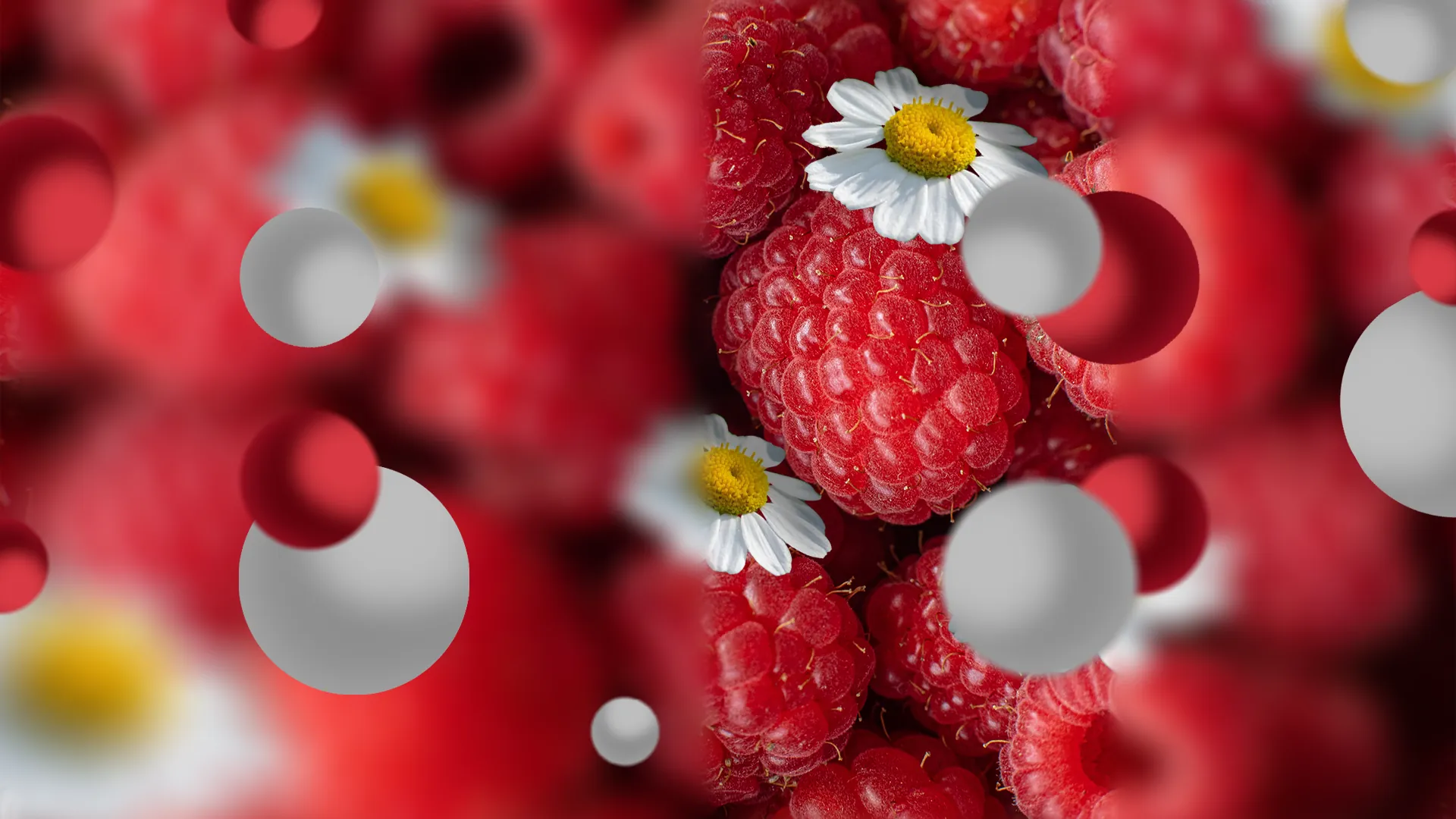
Project Goals
The extraction of bioactive compounds (BACs) from natural sources plays a crucial role in the development of cancer-fighting agents, with three-quarters of such agents currently in medical use originating from nature. However, conventional extraction methods rely on large amounts of volatile and toxic organic solvents, posing significant environmental and health risks. Furthermore, many BACs exhibit low bioavailability, poor water solubility, and instability, limiting their therapeutic potential.
Our project seeks to address these challenges by developing an innovative and sustainable extraction process that eliminates the need for toxic solvents and enhances BAC bioavailability through encapsulation techniques into biodegradable micelles. Specifically, we aim to introduce a novel liquid-solid membrane extraction technique for isolating targeted bioactive compounds from biomass, leveraging micro-engineered metal membranes for both extraction and micellization processes performed for the first time.







Key aspects of our approach include
Green Extraction Technologies
Replacing traditional solvents with bio-based surface-active ionic liquids and natural deep eutectic solvents for efficient BAC isolation.
Sustainable Micellization Strategies
Utilizing biopolymers such as Pluronic L and R types to facilitate the formation of aqueous biphasic systems, enriching BAC-loaded micelles.
Enhanced Stability via Microencapsulation
Applying advanced encapsulation techniques with conventional and innovative biopolymers to ensure micelle stability and preservation.
Advanced Characterization Techniques
Employing state-of-the-art analytical methods to assess the efficiency, stability, and bioavailability of BAC-loaded micelles.

Green Innovation
Unlocking the Bioactive Potential of Biomass for Enhanced Pharmaceuticals
and Foods through Eco-Friendly Sustainable Technologies
Transfer the best practice
Straightening scientific and technical potential
Increasing scientific excellence
Joint publications, attending conferences
Building new consortium for new project proposal
Vivendi Project
Research challenge:
Translate the model bioactive substances, ellagic acid, and parthenolide from food waste or medicinal plant biomass into an active encapsulated form without using harmful solvents.
Scientific problem:
Poor water solubility and bioavailability of ellagic acid and parthenolide, using harmful organic solvents, untreated industrial waste in raspberry processing and still not enough exploited potential of examined medicinal plant.
The objective:
Increasing scientific excellence and innovation potential of the VIVENDI team through joint research with our researchers from the diaspora and ULB.
Introduction new membrane technology in separation and encapsulation process
Improving research potential and collaboration
Valorization of BAC applying green chemistry principles
Translation research results into technology process
